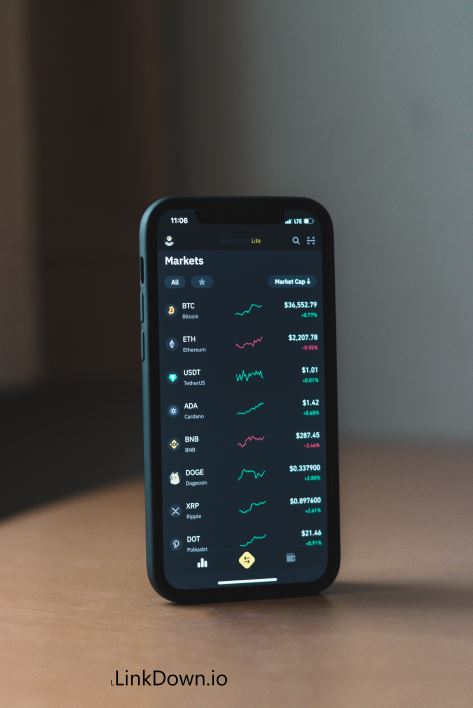Digital currency refers to any form of currency that exists in a digital or electronic format. Unlike traditional physical currencies such as coins or banknotes, digital currencies are purely digital representations of value that can be used for transactions, payments, or investment purposes.
There are different types of digital currencies, including:
Cryptocurrencies: Cryptocurrencies are decentralized digital currencies that use cryptography for secure transactions and to control the creation of new units. Examples include Bitcoin (BTC), Ethereum (ETH), and Litecoin (LTC).
Central Bank Digital Currencies (CBDCs): CBDCs are digital currencies issued and regulated by central banks. They are intended to function as digital representations of a country’s fiat currency. Some countries are exploring or piloting the development of CBDCs.
Stablecoins: Stablecoins are digital currencies designed to minimize price volatility by being pegged to a reserve asset, such as a traditional currency like the US dollar or a basket of assets. Popular stablecoins include Tether (USDT) and USD Coin (USDC).
Digital Fiat Currencies: Some governments or financial institutions offer digital versions of their existing fiat currencies. These are electronic representations of traditional currencies, like digital versions of the US dollar or the Euro.
Digital currencies are typically based on blockchain or distributed ledger technology, which provides security, transparency, and immutability to transactions. They offer advantages such as faster and more efficient cross-border transactions, increased financial inclusion, and potential for decentralized applications.
It’s important to note that the digital currency landscape is constantly evolving, and new digital currencies may emerge. Each digital currency has its own features, use cases, and underlying technology. It’s crucial to conduct thorough research and exercise caution when engaging with digital currencies due to their inherent risks and market volatility.
Link Down Currency
Link Down currency refers to digital currencies or cryptocurrencies that operate on a blockchain network. A Link Down is a decentralized and distributed digital ledger that records transactions across multiple computers or nodes. Cryptocurrencies are the digital assets or tokens that leverage blockchain technology for secure and transparent transactions.
Some well-known blockchain currencies include:
Bitcoin (BTC): Bitcoin is the first and most famous cryptocurrency, introduced in 2009. It operates on the Bitcoin blockchain and is considered the pioneering decentralized digital currency.
Ethereum (ETH): Ethereum is a blockchain platform that enables the creation of smart contracts and decentralized applications (DApps). Ether (ETH) is the native cryptocurrency of the Ethereum network.
Ripple (XRP): Ripple is both a blockchain-based payment protocol and a cryptocurrency. It aims to enable fast and low-cost international money transfers.
Litecoin (LTC): Launched in 2011, Litecoin is often referred to as the “silver” to Bitcoin’s “gold.” It operates on its own blockchain and offers faster transaction confirmation times.
Bitcoin Cash (BCH): Bitcoin Cash is a cryptocurrency that emerged as a result of a Bitcoin hard fork in 2017. It aims to provide faster and cheaper transactions compared to Bitcoin.
Cardano (ADA): Cardano is a blockchain platform that focuses on security, scalability, and sustainability. ADA is the native cryptocurrency of the Cardano network.

